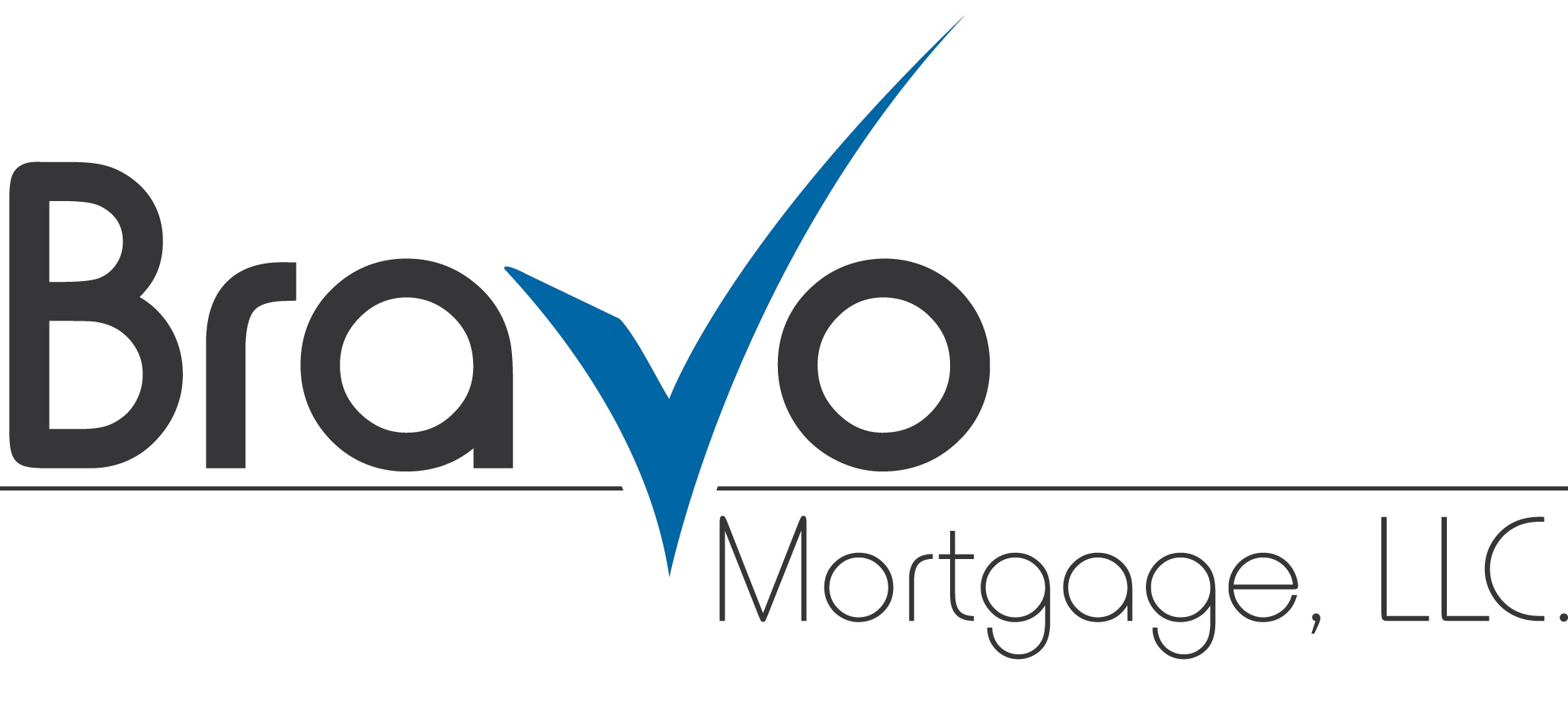Should You Use Your Bonus for a Down Payment? Pros and Cons to Consider

Should You Use Your Bonus for a Down Payment? Pros and Cons to Consider
Getting a bonus is an exciting moment. Whether it's from a year-end performance review or a holiday perk, that extra money feels like a reward for all your hard work. But before you splurge on a vacation or a new gadget, you might wonder: Should I use my bonus for a down payment on a home?
Investing your bonus into a home can be a smart financial move, but weighing the pros and cons first is important. Let's break it down so you can decide if it's the right choice for you.
The Pros of Using Your Bonus for a Down Payment
1. Get Closer to Homeownership
One of the biggest hurdles to buying a home is saving for the down payment. Using your bonus can give you a head start or even help you reach your goal faster. If you've been dreaming of owning a home, this could be your ticket.
2. Lower Monthly Payments
Your monthly mortgage payments may decrease if you make a greater down payment because it lowers the amount you must borrow. This not only saves you money each month but also reduces the overall interest you'll pay over the life of the loan.
3. Avoid Private Mortgage Insurance (PMI)
You can avoid paying PMI if you contribute at least 20% of the home's buying price. This is an added cost for buyers who make smaller down payments. Using your bonus could help you hit that 20% mark and save you from paying extra.
4. Build Equity Faster
A bigger down payment means you'll own more of your home right away. This can be helpful if you plan to sell in the future or want to borrow against your home's equity.
The Cons of Using Your Bonus for a Down Payment
1. Less Flexibility with Savings
Using your bonus for a down payment might leave you with less cash for emergencies or other financial goals. Homeownership comes with unexpected expenses like repairs and maintenance, so having a safety net is important.
2. Other Financial Priorities
Using your fortune to pay off high-interest debt, such as personal loans or credit cards, may make more sense. In addition to improving your credit score and financial well-being, debt reduction may also increase your eligibility for a higher mortgage rate.
3. Market Timing
The real estate market can be unpredictable. If home prices are high in your area, waiting for a better opportunity might be worth it rather than rushing into a purchase just because you have extra cash.
4. Missed Investment Opportunities
Your bonus could also grow your wealth through investments like stocks or retirement accounts. Depending on your financial goals, investing your bonus might yield better long-term returns than putting it into a down payment.
Using your bonus for a down payment can be a smart move if homeownership is one of your top priorities. It can lower your mortgage costs, help you avoid extra fees like PMI, and move you closer to owning a home. However, it's important to consider your overall financial situation and ensure you're not neglecting other important objectives, like building an emergency fund or paying off debt.
Check your finances carefully before making a choice, and consult a financial expert if necessary. Whether you use your bonus for a home, debt repayment, or investments, make sure it aligns with your long-term goals. After all, your bonus is your reward—use it wisely to create a brighter financial future!
Recent Posts
Disclosure:
The content provided within this website is presented for information purposes only. This is not a commitment to lend or extend credit. Information and/or dates are subject to change without notice. All loans are subject to credit approval. Other restrictions may apply. Mortgage loans may be arranged through third party providers.




